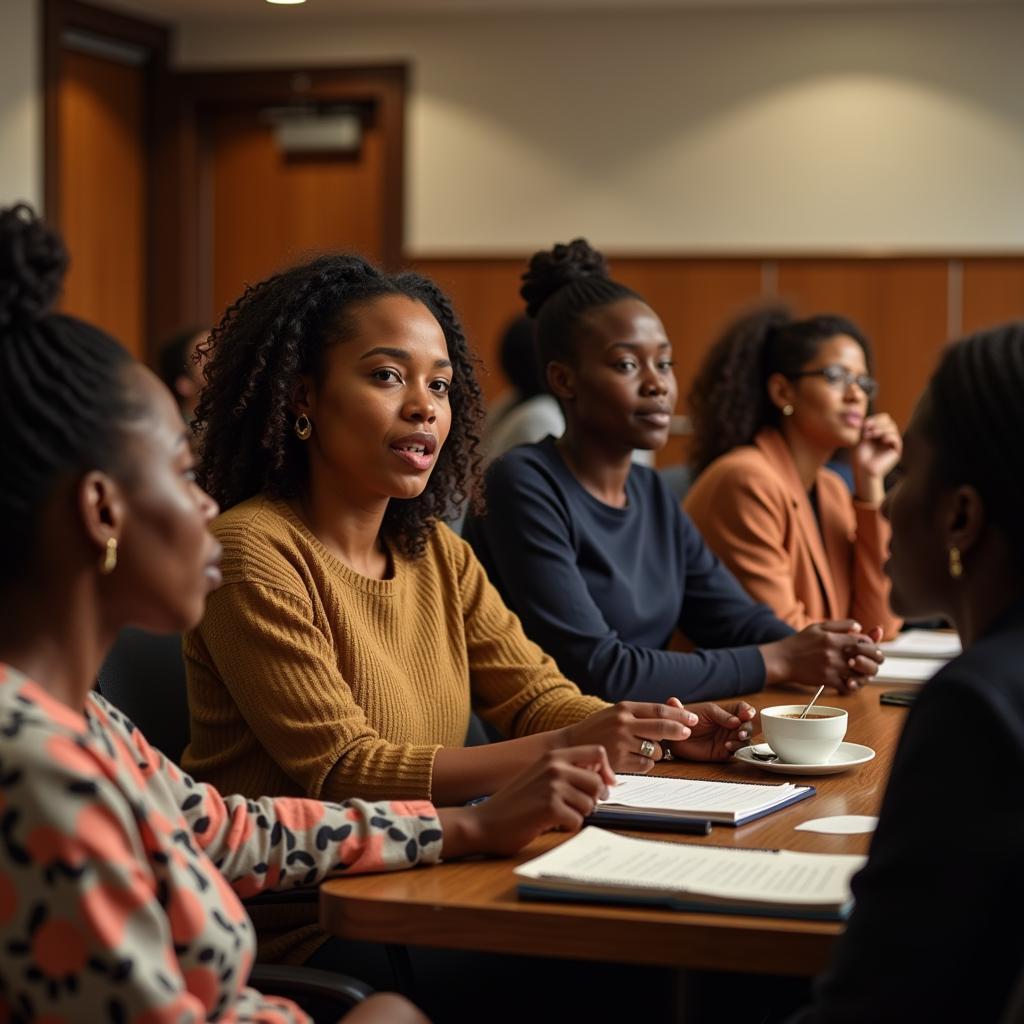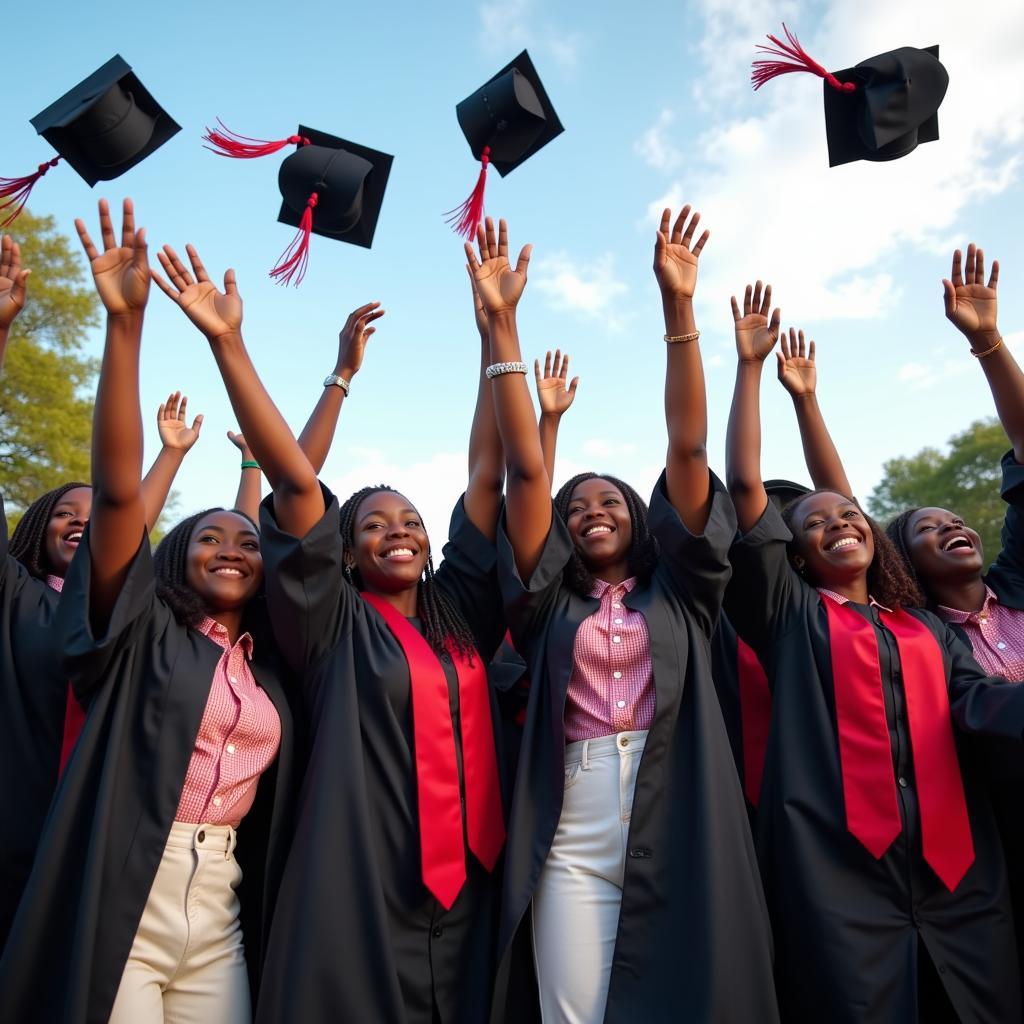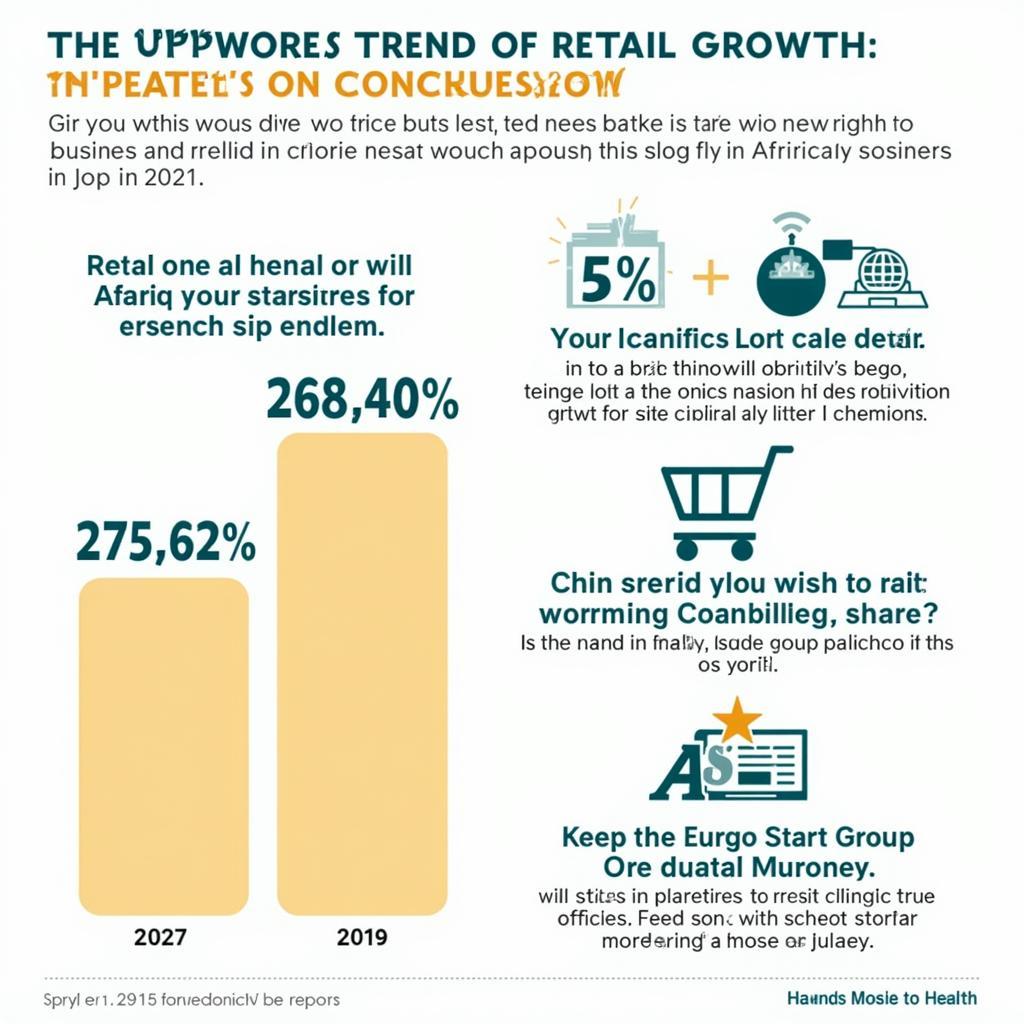The Untold Stories of Strength: Exploring Why African Girls Fight
The phrase “African Girls Fight” might evoke a myriad of images, but it’s crucial to approach this topic with sensitivity and a desire to understand the multifaceted realities it represents. This article delves into the complexities behind this loaded phrase, exploring the social, economic, and cultural factors that contribute to the struggles and triumphs of girls across the African continent.
Beyond the Stereotypes: Understanding the Context
It’s essential to acknowledge that the experiences of girls in Africa are incredibly diverse and cannot be painted with a single brushstroke. Generalizations about “African girls fight” often stem from harmful stereotypes that ignore the vast cultural, geographic, and socioeconomic differences within the continent’s 54 countries.
Fighting for Education: Breaking Down Barriers to Opportunity
Access to quality education remains a significant challenge for many girls across Africa. Poverty, cultural norms, and early marriage can hinder their educational journeys, limiting their future prospects and perpetuating cycles of inequality. However, countless stories highlight the unwavering determination of African girls to overcome these obstacles.
For example, in rural communities, girls often walk miles to attend school, demonstrating their thirst for knowledge and commitment to a brighter future. Organizations like the Forum for African Women Educationalists (FAWE) are working tirelessly to empower girls through education, advocating for policy changes and providing scholarships to unlock their potential.
Challenging Gender Norms: A Fight for Equality
Across Africa, girls and women continue to face deeply ingrained gender inequalities that impact various aspects of their lives, from access to healthcare and economic opportunities to decision-making power within their communities.
 African women leading community meeting
African women leading community meeting
The fight for gender equality involves challenging traditional patriarchal structures and advocating for legal reforms that protect women’s rights. Inspirational figures like the late Winnie Mandela, a South African anti-apartheid activist, serve as beacons of hope and resilience, demonstrating the power of women in driving social change.
Navigating Cultural Expectations: Coming of Age in a Complex World
The transition from girlhood to womanhood in many African cultures is often marked by specific rituals and expectations. While some traditions celebrate the strength and resilience of women, others, such as female genital mutilation (FGM), can have devastating physical and psychological consequences.
Organizations like the African American Female Motivational Speakers platform are actively working to raise awareness about the harms of FGM and advocate for its eradication. They empower young girls to become agents of change within their communities, challenging harmful cultural practices and promoting their well-being.
A Future Filled with Promise: Investing in African Girls
The narrative surrounding “African girls fight” needs to shift from one solely focused on adversity to one that recognizes their agency, resilience, and immense potential. Investing in girls’ education, health, and leadership skills is crucial for unlocking sustainable development across the continent.
 African girls celebrating graduation
African girls celebrating graduation
By empowering girls with the tools and opportunities they need to thrive, we pave the way for a more just and equitable future for all.
Conclusion
The phrase “African girls fight” should serve as a call to action, urging us to listen to their stories, understand their struggles, and support their aspirations. By amplifying their voices, celebrating their triumphs, and working collaboratively to address the systemic challenges they face, we can contribute to a brighter future where all African girls have the opportunity to reach their full potential.
FAQ
-
What are some of the biggest challenges facing African girls today?
African girls face numerous challenges, including poverty, lack of access to education, child marriage, gender-based violence, and limited access to healthcare. -
How can I support organizations working to empower girls in Africa?
You can support organizations like FAWE, CAMFED, and Girl Effect through donations, volunteering, or spreading awareness about their work. -
What are some examples of successful initiatives that have empowered African girls?
Initiatives like providing scholarships, building schools in rural areas, offering mentorship programs, and promoting girls’ participation in STEM fields have yielded positive results.
Need More Information?
Explore related articles on our website:
Contact Us
For assistance or further inquiries, please don’t hesitate to reach out:
- Phone: +255768904061
- Email: kaka.mag@gmail.com
- Address: Mbarali DC Mawindi, Kangaga, Tanzania
Our dedicated customer support team is available 24/7 to assist you.


